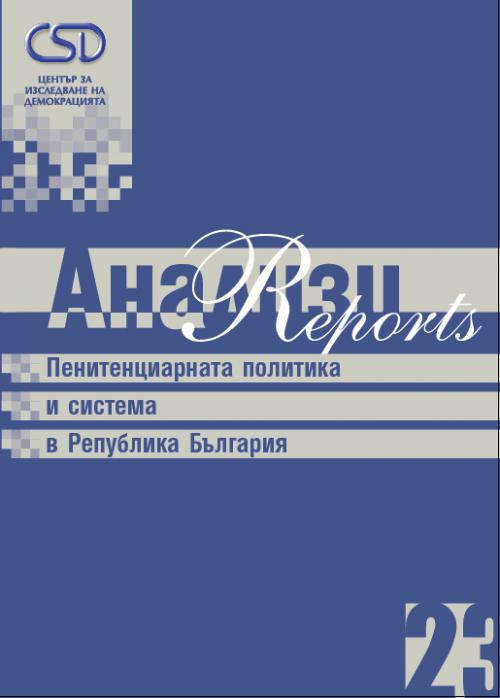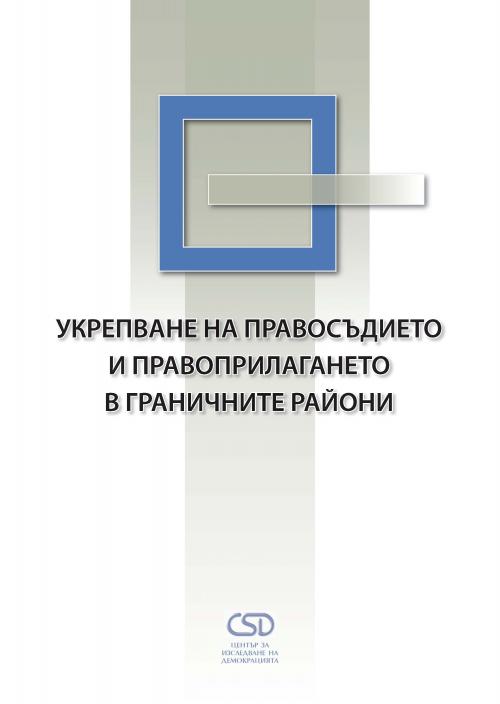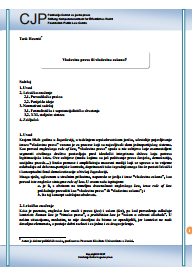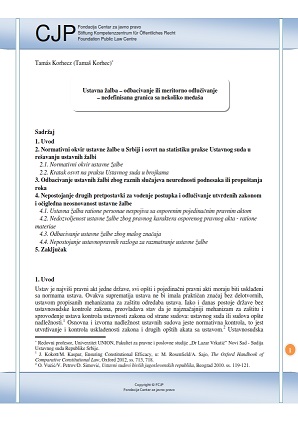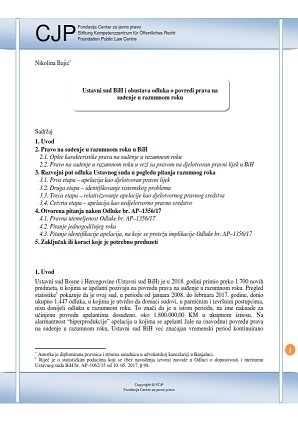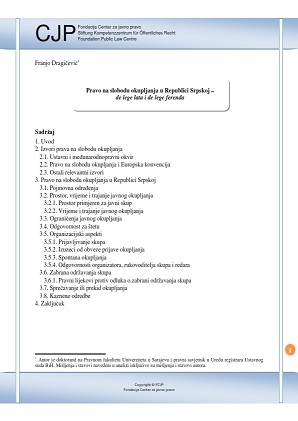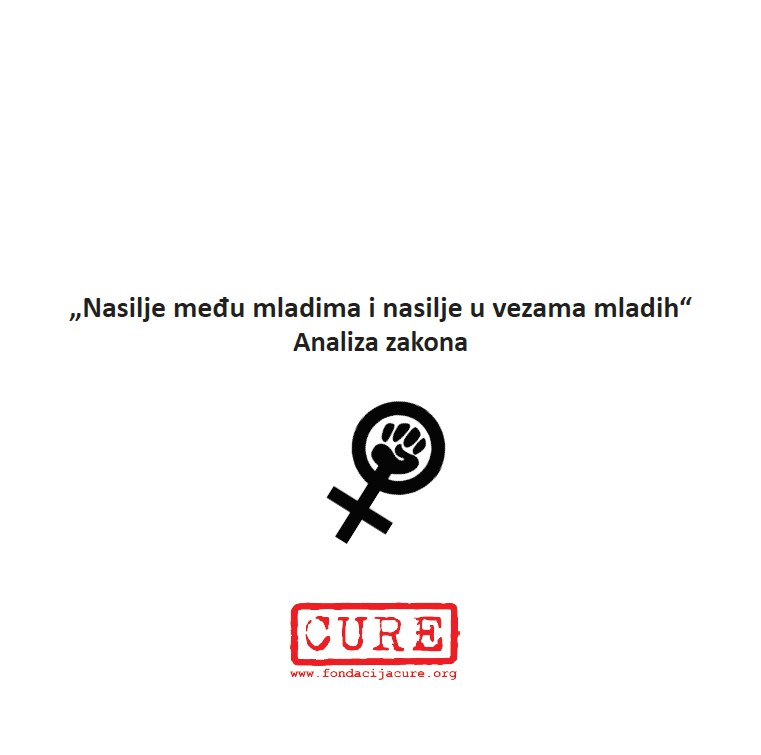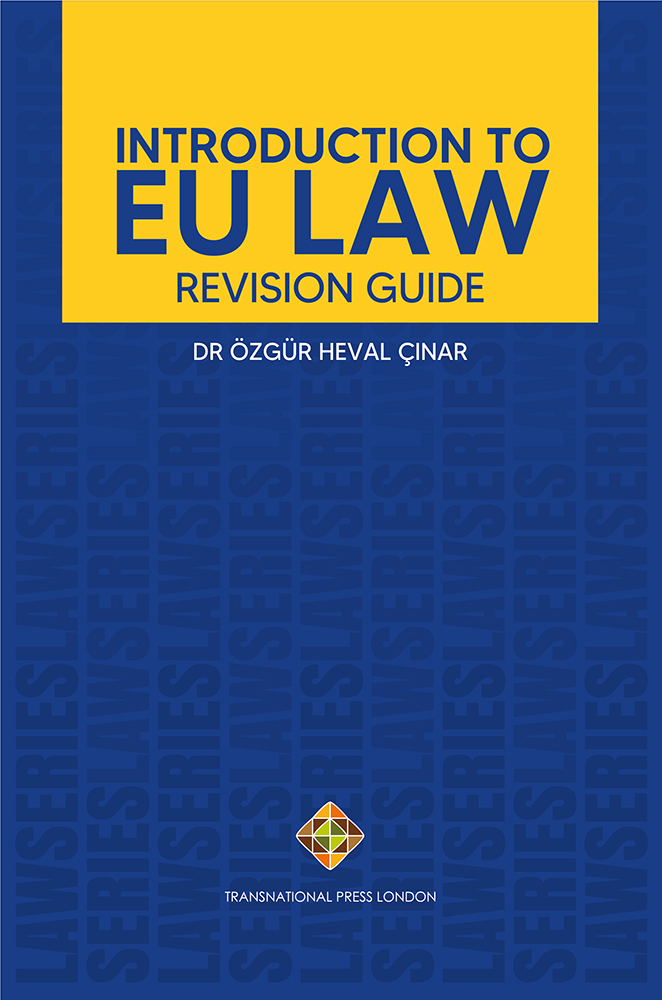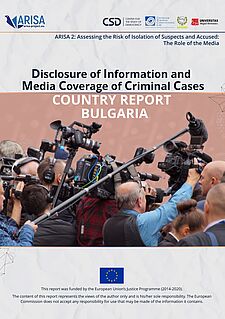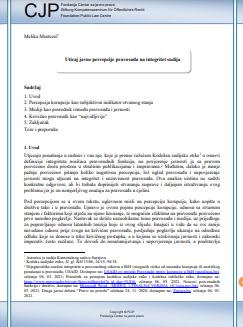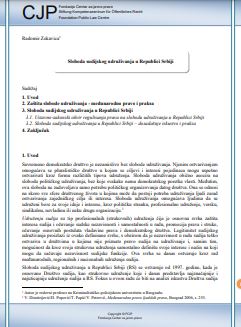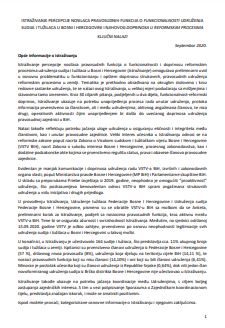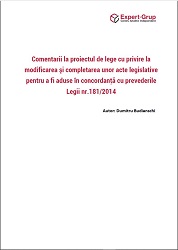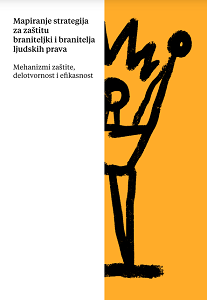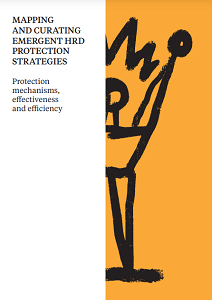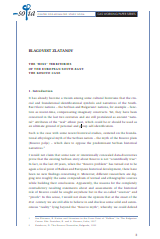
The Hybridity of Constitutional Courts-Arbiters in the Absence of Rules
This paper is an attempt to challenge some of the most persistent myths about the link between the institutional role of judges and their political convictions in constitutional adjudication. These myths form together a fable of separation, according to which judicial roles and political convictions should be kept rigorously apart. The ensuing analysis contradicts the fable of separation in important ways. Firstly, it demonstrates that political convictions do play a signifi cant role in adjudication. Secondly, it suggests that diminishing the infl uence of party-related political identities on judicial decision-making does not always have a positive impact on the institutionalization of a judicial body, but rather it may signal its institutional decline. Thirdly, the paper argues that the fable of separation is particularly inapplicable to constitutional courts, since these institutions have hybrid functions: on the one hand, they follow and apply rules (the standard judicial function), while on the other, they sometimes have to decide cases on their merits in the absence of defi native rules (a function of political bodies in constitutional democracy). Finally, the paper argues that the development of judicial policies is an unavoidable element of judicial work and constitutional review: often, the self-declared ambition of judges to refrain from judicial policy making is just a camoufl age for specifi c policies. This should not be read as an accusation of judicial hypocrisy: even bona fi de judges are forced to develop judicial policies, in the elaboration of which their moral and political convictions do play a role.
More...

